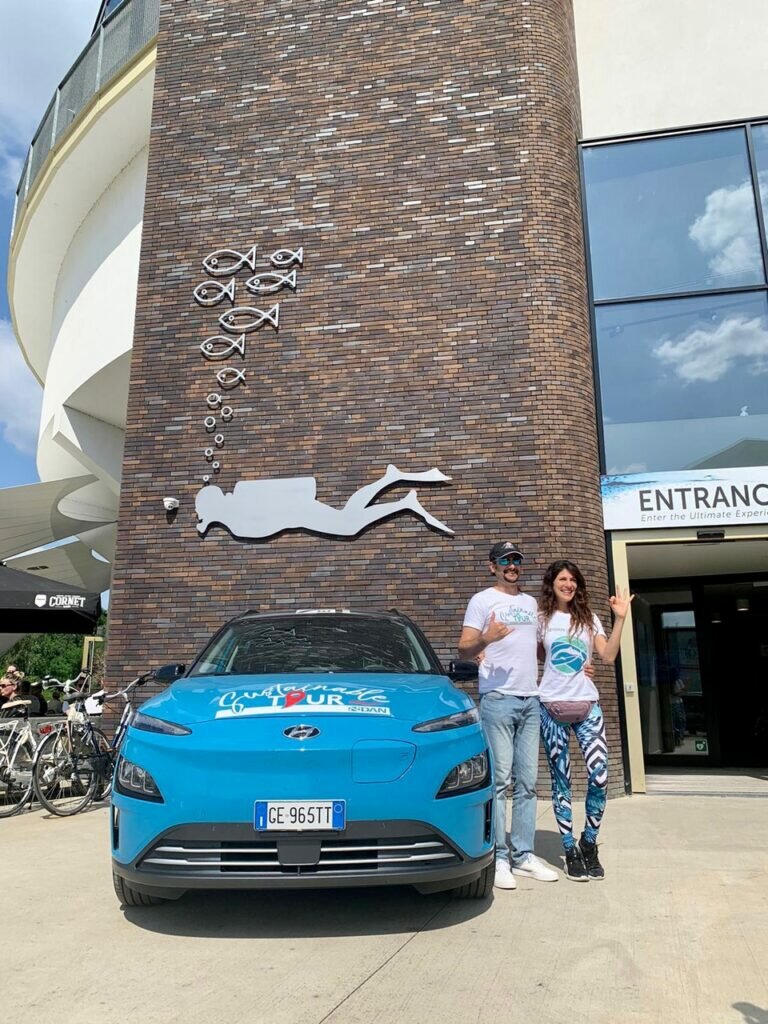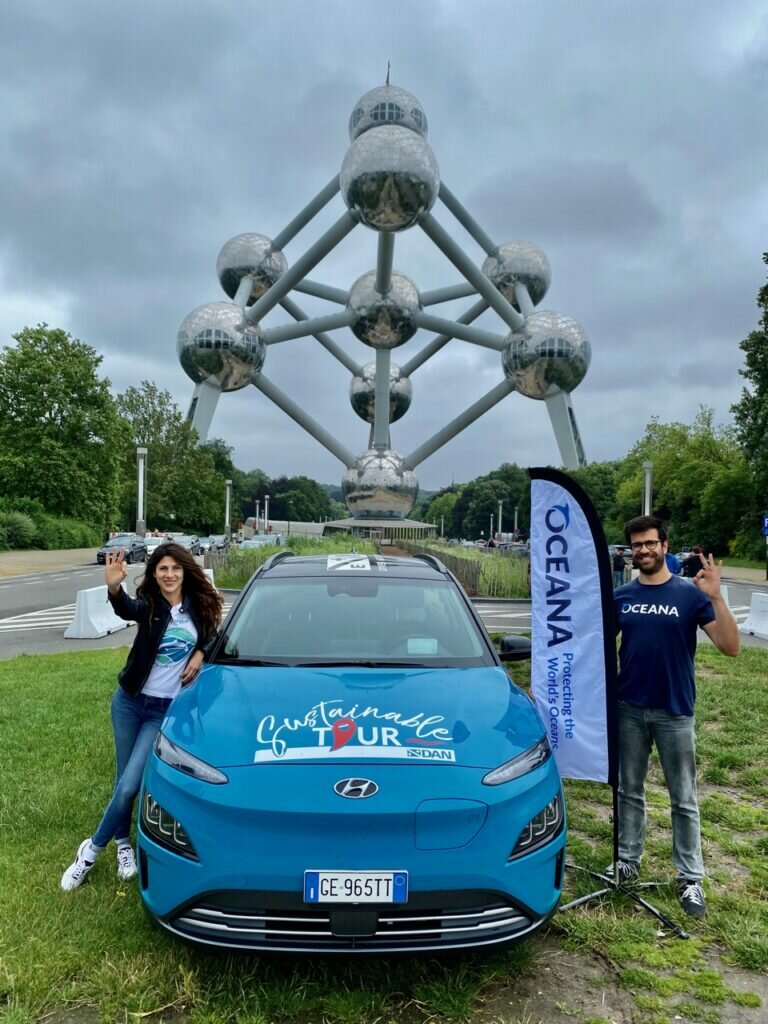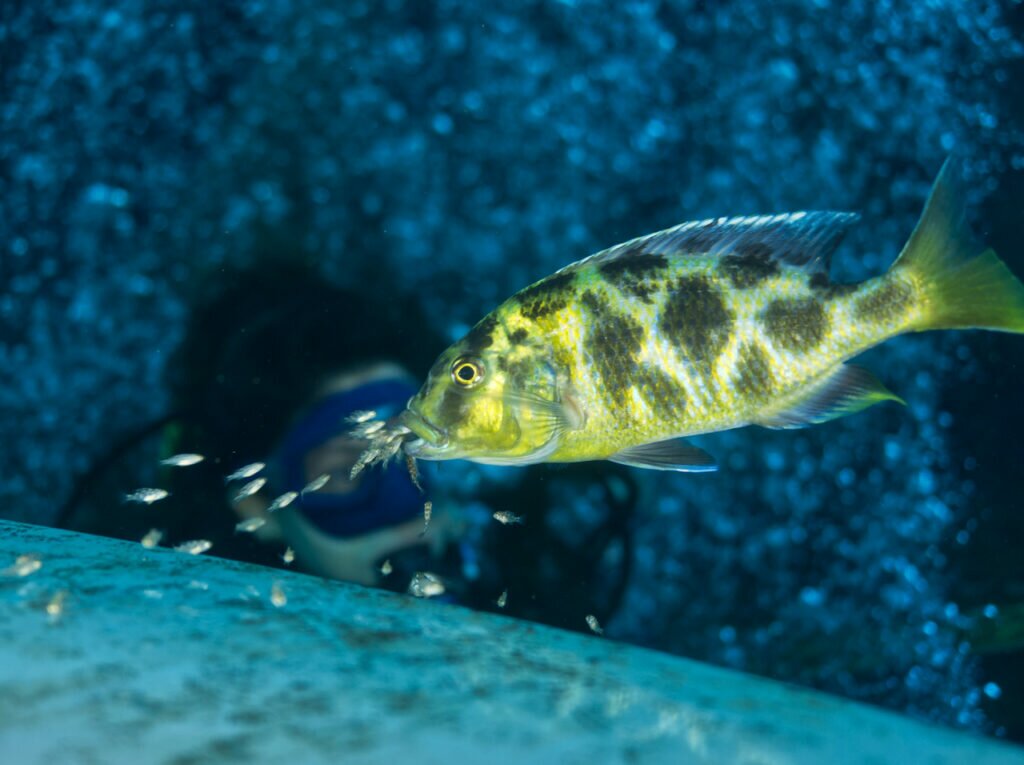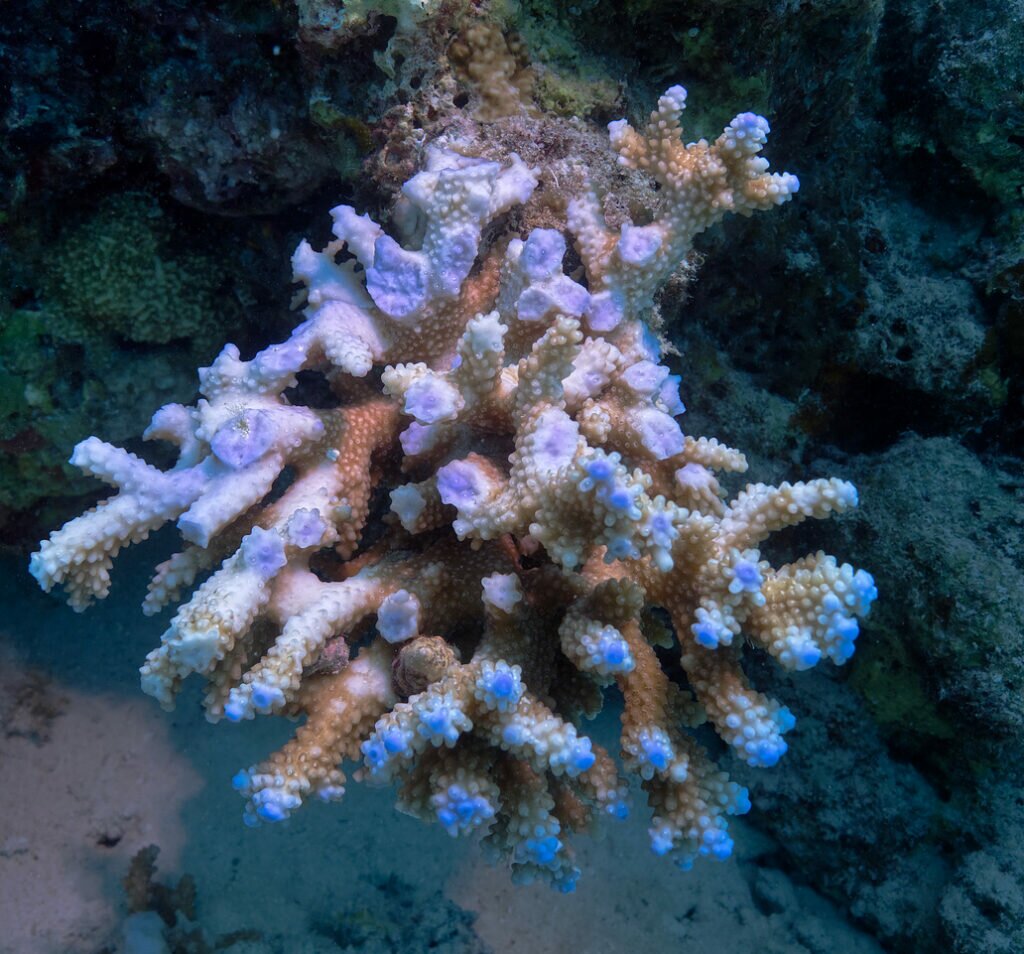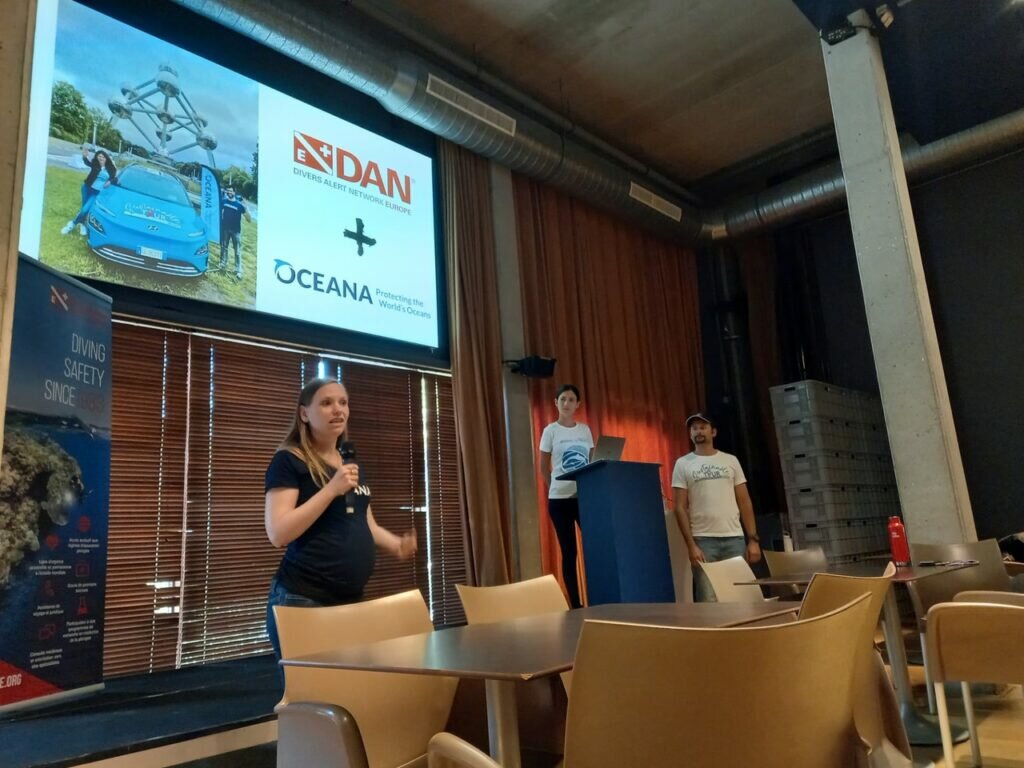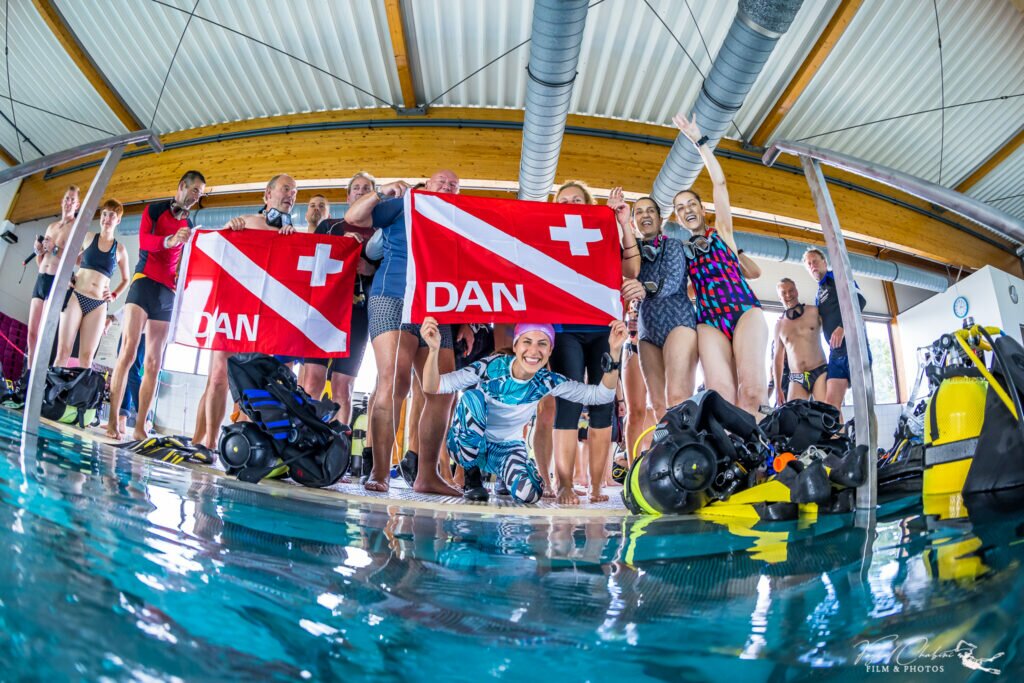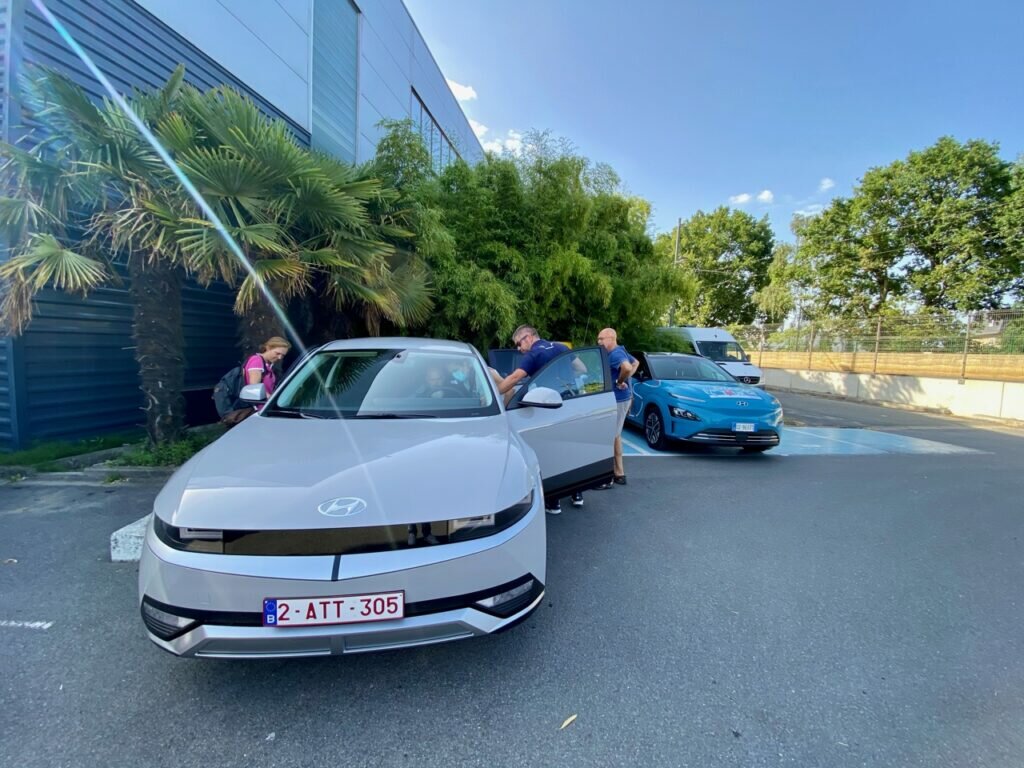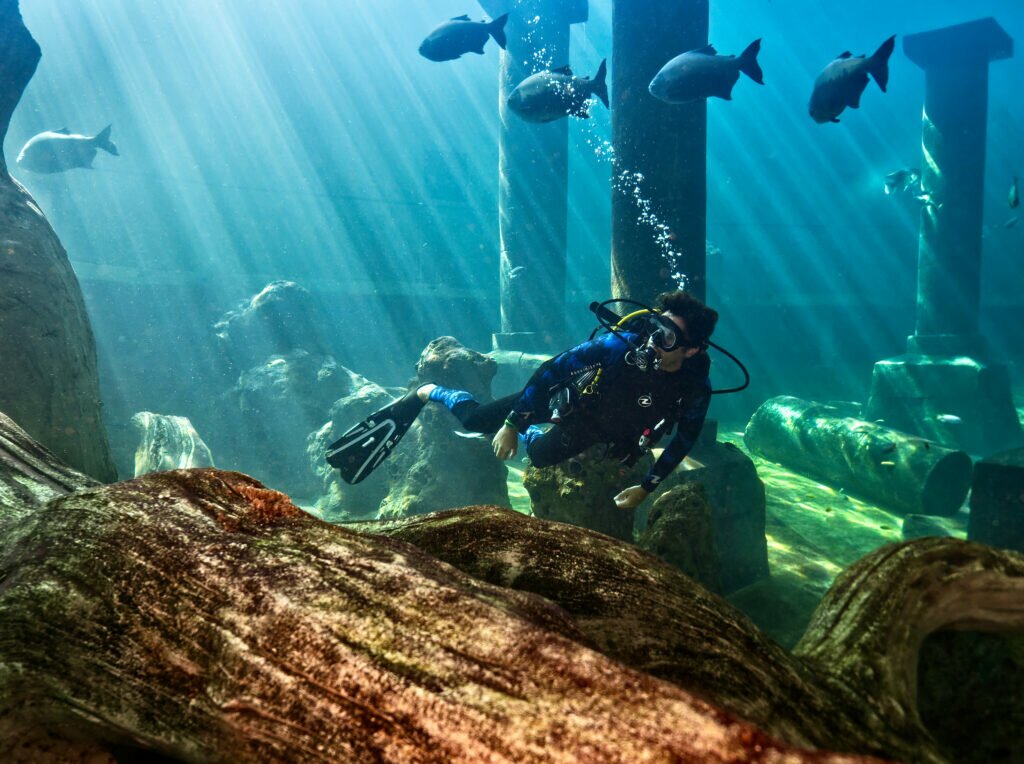DAN Europe Sustainable Tour arrived in Belgium, a country that is home to the executive departments and agencies of the European Commission. This strategic stop is of great importance to encourage legislative initiatives for ocean protection.
In order to tackle our planet environmental crisis, each sector must act to guarantee the protection and / or adaptation of its area of competence.
Focusing on the Ocean, those who actively participate in related activities (diving, surfing, snorkelling, etc) are the first ones who should look after Ocean protection. The conservation of the marine environment – their playground – is essential if they want to continue enjoying its recreational benefits.
Divers, the sentinels of the deep
All images that we see today across Social and regular media, highlighting the damage that we humans are causing to marine ecosystems, have been mostly captured by divers.
Divers witness the bleaching of coral reefs, the degradation of Posidonia Oceanica, the decline of marine creatures populations and the much-talked invasion of plastics in the oceans. After experiencing such a stark reality head-on, most have acquired a special sensitivity and a sincere desire to do something about it.
As divers, we have the opportunity – and the responsibility – to act as the voice of all marine species that do not have the power to express themselves. We have privileged access to a unique space in the world that needs our care and protection. Furthermore, our very existence also depends on healthy and balanced marine ecosystems.
We need to take the appropriate actions to guarantee the balance of the natural environment where our activities take place. The diving industry has much to contribute and also to correct on the subject. From the manufacturing of diving equipment with sustainable materials, to the use of non-polluting boats, our industry has still a long room for improvement.
The Blue Economy within the European Green Deal
The ‘Blue Economy’ is an emerging concept that encourages better management of our ocean or ‘blue’ resources. It highlights in particular the close links between the ocean, climate change and people’s well-being.
Among its principles, it supports equity and public participation in marine and coastal decision-making, as well as all the United Nations Sustainable Development Goals (SDGs), especially SDG 14 ‘life below water’. This will require ambitious and coordinated actions to sustainably manage, protect and preserve our ocean now, for the sake of present and future generations.
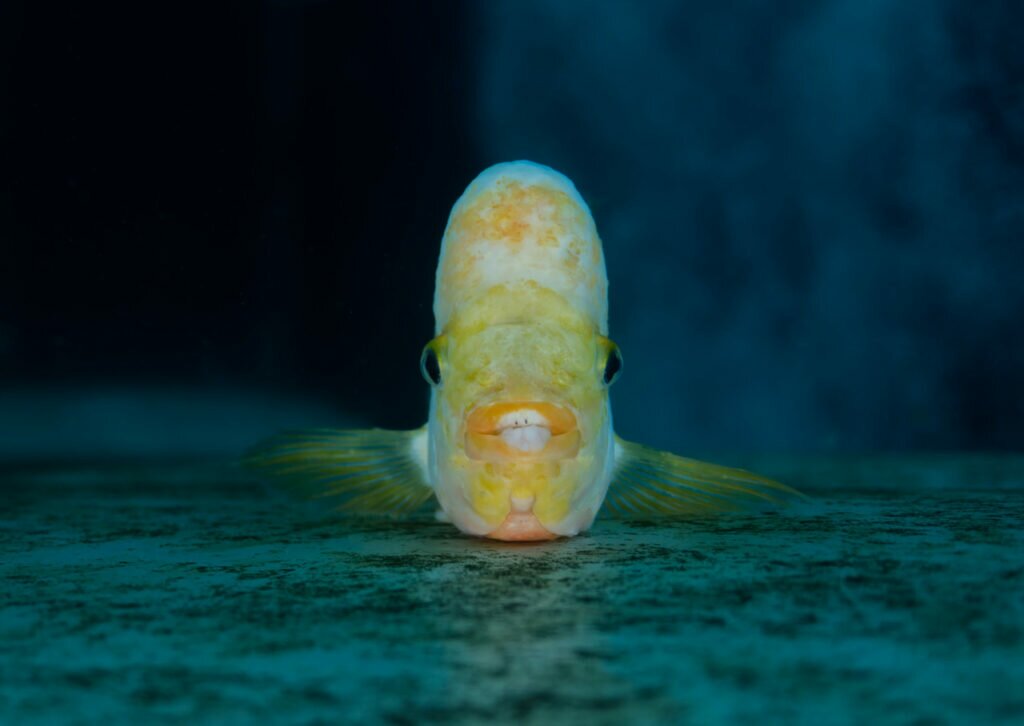
The role of the diving community
For the Blue Economy to be considered further within the European Green Deal, the clear presence of representatives of the diving industry in front of the European Commission is necessary.
There are about 3,5 million active scuba divers and around 4,000 operational dive centers in Europe. Although the diving industry may not be the most economically representative within the Blue Economy, it involves a community truly passionate about the marine environment and its care.
Divers, rather than belonging to the group of generic ‘coastal tourists’, come together to form a large community, with first-hand knowledge of seas and oceans. This community shares a common passion that collectively makes them strong.
The European Commission should consider the diving industry as an important player that should be seen as an aid within the Blue Economy.
As a non-profit organisation that remains impartial, DAN Europe is in a unique position to bring together all forces in the diving community: equipment manufacturers, certification schools, associations, research and medical organisations, diving centers, professional and recreational divers, and others.
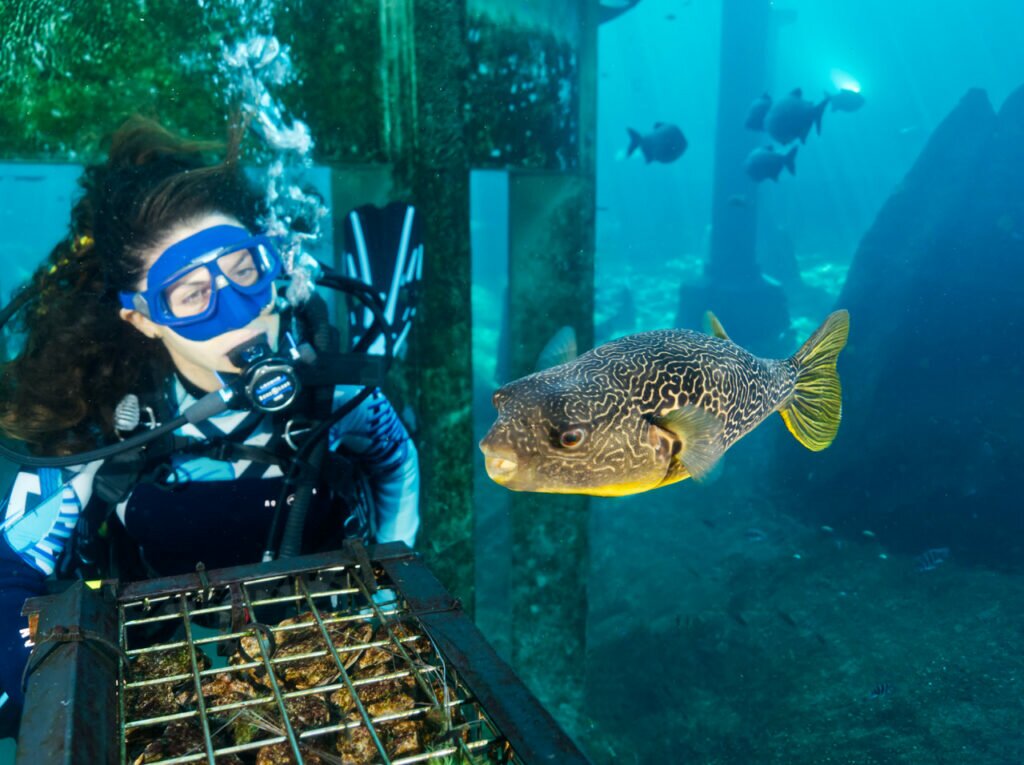
With knowledge comes caring, and with caring comes action: Raising awareness in NEMO33 and TODI!
With the passage of the Sustainable Tour, DAN Europe is helping to raise awareness about how people can protect the ocean from land and the active role of divers in ocean conservation, including policymaking.
Awareness talks were held for divers and other people interested in the subject. Nemo 33 and TODI have served as meeting points for the first conferences that will be repeated as the Tour progresses through other European countries.
DAN Europe Sustainable Tour highlights in its conferences the importance of SDG17 (Partnerships for the Goals), by demonstrating the real actions it is taken with the partners involved in the Tour organisation.
In Nemo 33 we not only managed to create a ‘divers chain’ for conservation from the surface to 33m deep, but also were joined by our Tour-Partner Oceana for the final conference. They emphasised the importance of Marine Protected Areas and plastic-awareness for Ocean conservation, as well as the campaigns they are currently carrying out in this regard.


Photo by: Faycal Chabini
Furthermore, Hyundai Belgium showed the new IONIQ5 EV to the participants. The interior of this car is produced with recycled PET bottles, gosht nets recovered from the Ocean and other bio-materials, demonstrating how private companies can also contribute to the environmental change we seek.
TODI is the first indoor diving centre in Europe where visitors can enjoy, in optimal and safe conditions, the amazing aquatic world in the middle of tropical freshwater fish in a setting as true as nature. The centre has a gigantic dive basin 10 metres deep and 36 metres wide with more than 6,200,000 litres of water at a temperature of 23 degrees & over 6000 fish.
There’s no doubt that TODI is a great place to safely scuba through out the year but also to crate Ocean protection awareness.
Upcoming events
Alana and Manuel are now heading to The Netherlands, were they will join Healthy Seas ghost net clean up activities, supported by Hyundai Europe.
Until our next article, have a great sustainable week!

